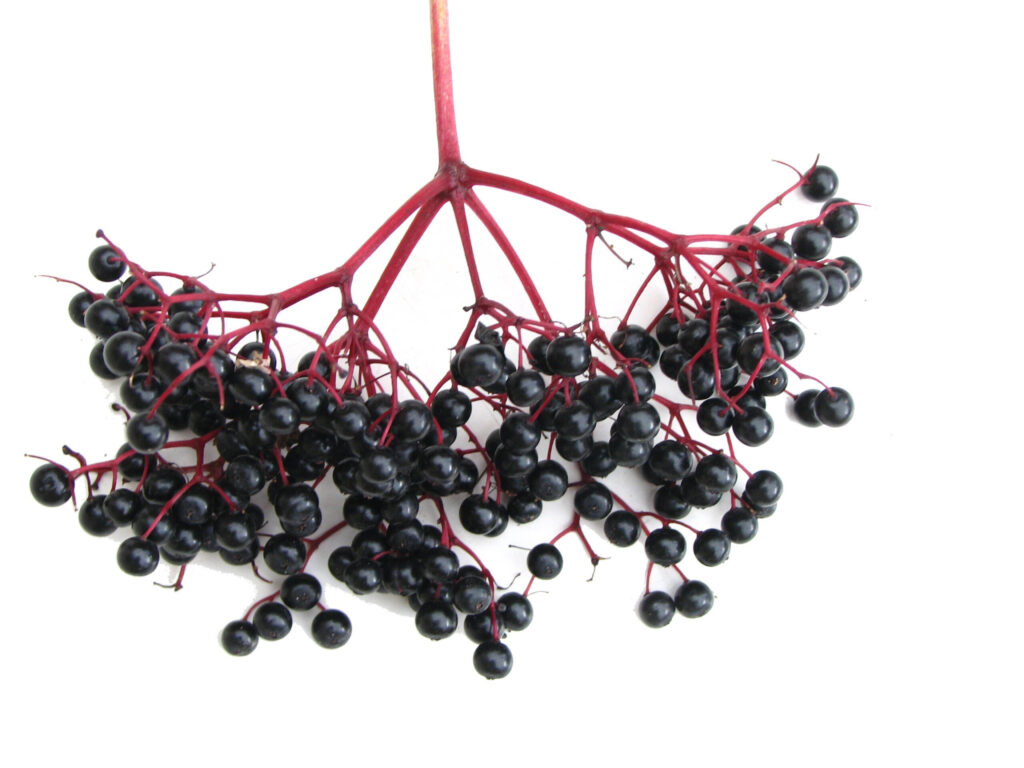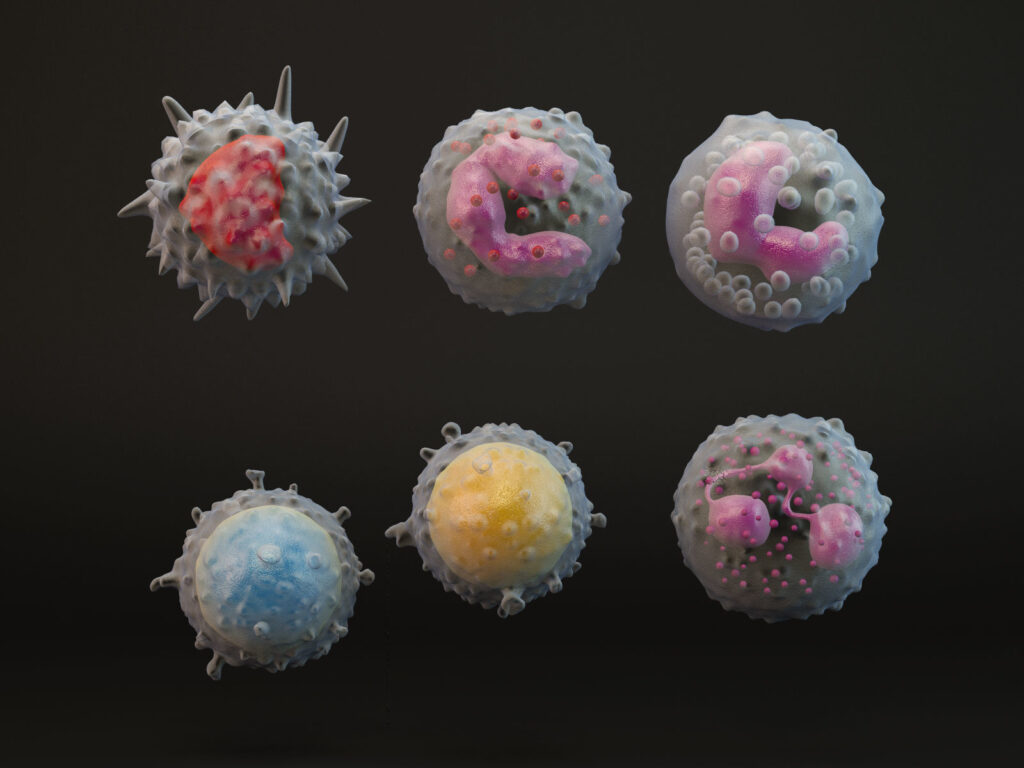
Health Optimization and Adaptogens
Health Optimization and Adaptogens – An Effective Strategy Against Pathogens In general, I am astonished by how little attention is placed on the value and

Health Optimization and Adaptogens – An Effective Strategy Against Pathogens In general, I am astonished by how little attention is placed on the value and

The vibrant colors we observe in plants serve a different role depending on the organism being considered. For the plant itself, the pigments may aid

“Friendship is unnecessary, like philosophy, like art…. It has no survival value; rather it is one of those things which give value to survival.” ― C.S.

False information can spread like wildfire, particularly during times of fear and uncertainty. Right now, there is misinformation circulating about elderberry (Sambucus nigra) and COVID-19.

People love the idea of ‘super foods,’ and I’m commonly asked my thoughts about everything from goji berries to blue-green algae. Some super foods, like

Grains are the most important source of food on our planet, providing nearly 50% of the caloric needs of cultures around the world. Fortunately, grains also happen

I discovered that technology’s quest towards the unknown requires us to accumulate more and more control, whereas growing in virtue requires an altogether different capacity:

Understanding Neutrophil to Lymphocyte Ratio (Part 2): Research Demonstrating its Role as a Valuable Prognostic Marker in Cancer A large body of research (as well

I’ve spent the past four decades researching and refining the diet that I’ve found best supports health and healing. The Eclectic Triphasic Medical System (ETMS)